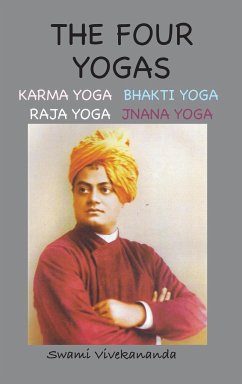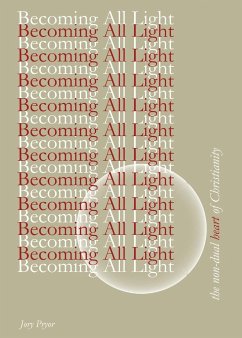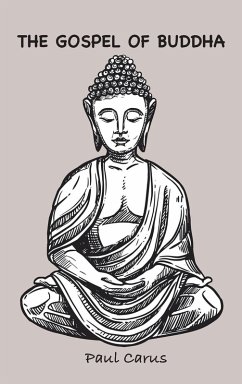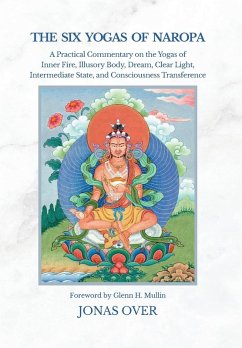
The Four Yogas (Illustrated and Annotated Edition)

PAYBACK Punkte
11 °P sammeln!
The Four Yogas are the collection of Swami Vivekananda's lectures when he visited the West. The lectures are broken up into Four Yoga practices; KARMA YOGA, BHAKTI YOGA, RAJA YOGA, JNANA YOGA. This book is not pure Shankara Advaita but something called Yoga-Advaita: a mixture of Yoga and Advaita, which mixes both the paths and makes them harder and longer for a seeker who wants to attain bliss. This statement is not based on orthodoxy but on experience and editorial freedom. Having said this; I find this book a very instructive read and an immense value. The illustrations (speak for themselves...
The Four Yogas are the collection of Swami Vivekananda's lectures when he visited the West. The lectures are broken up into Four Yoga practices; KARMA YOGA, BHAKTI YOGA, RAJA YOGA, JNANA YOGA. This book is not pure Shankara Advaita but something called Yoga-Advaita: a mixture of Yoga and Advaita, which mixes both the paths and makes them harder and longer for a seeker who wants to attain bliss. This statement is not based on orthodoxy but on experience and editorial freedom. Having said this; I find this book a very instructive read and an immense value. The illustrations (speak for themselves) are another way to expand on spiritual advancement as tools and there is no direct reference to them in the book. Karma Yoga - Swami Vivekananda discussed the concept of Karma in the Bhagavada Gita. Swami Vivekananda described Karma Yoga as a mental discipline that allows a person to carry out his/her duties as a service to the entire world, as a path to enlightenment. Bhakti Yoga - Initially, Bhakti Yoga was meant to devote one's life to Krishna or/and his synonymous Personal Forms such as Vishnu and Rama (Chapter 12, Bhagavad Gita), however, through time, confusion and misunderstanding spread which resulted in diversification. towards other gods as well i.e- Ganesha, Kali, Durga, Shiva, etc. This book clarifies some of the misconceptions. Raja Yoga - Vivekananda adapted traditional Hindu ideas and religiosity to suit the needs and understandings of Western audiences, who were especially attracted by and familiar with Western esoteric traditions and movements like transcendentalism and New thought. An important element in his adaptation of Hindu religiosity was the introduction of his four yogas model, which includes Raja yoga, his interpretation of Patanjali's Yoga sutras, which offers a practical means to realize the divine force within, which is central to modern Western esotericism. Jnana yoga is one of the types of yoga mentioned in Hindu philosophies. Jnana in Sanskrit means "knowledge"; the word is derived from Sanskrit jna - to know. In the book, Swami Vivekananda describes "knowledge" as the ultimate goal. According to Swami Vivekananda, freedom is the object of Jnana Yoga.













